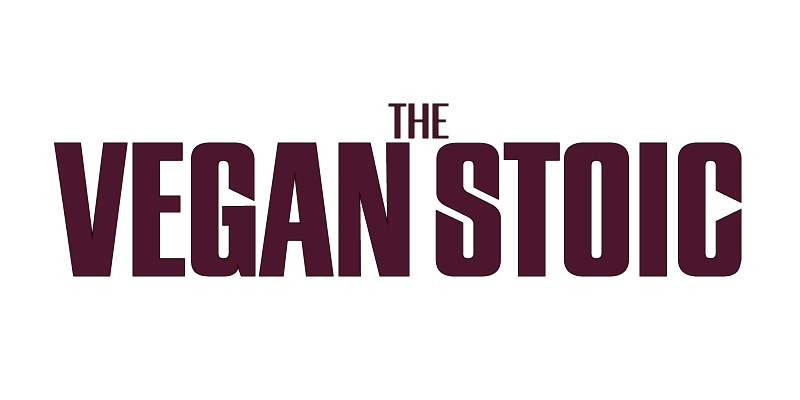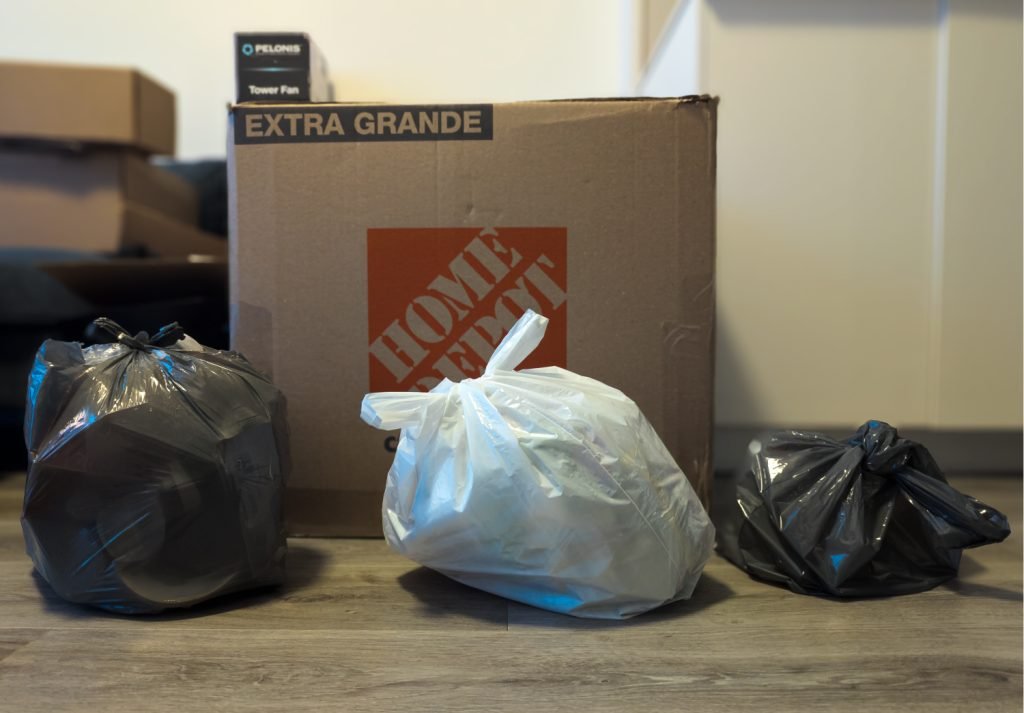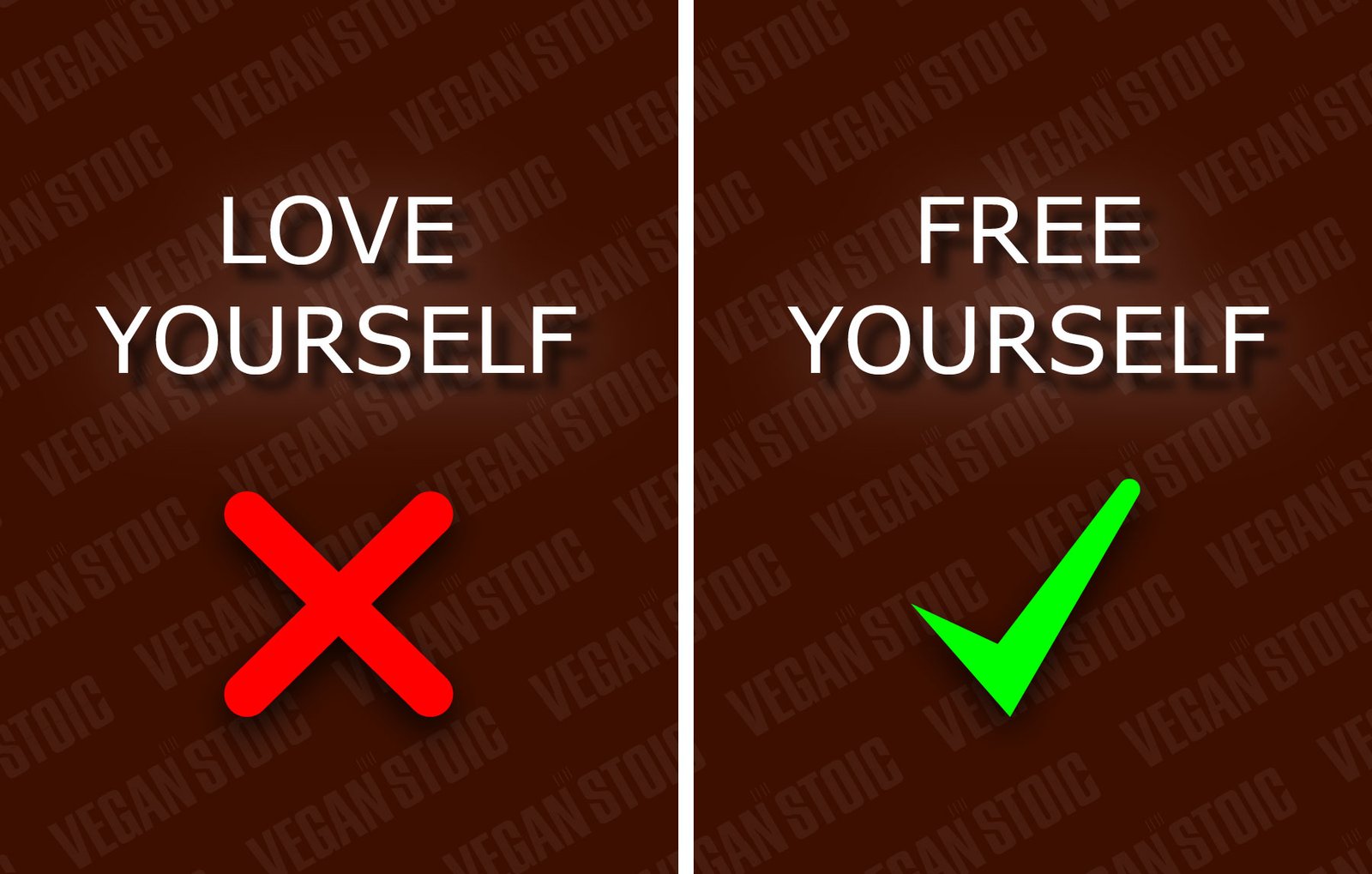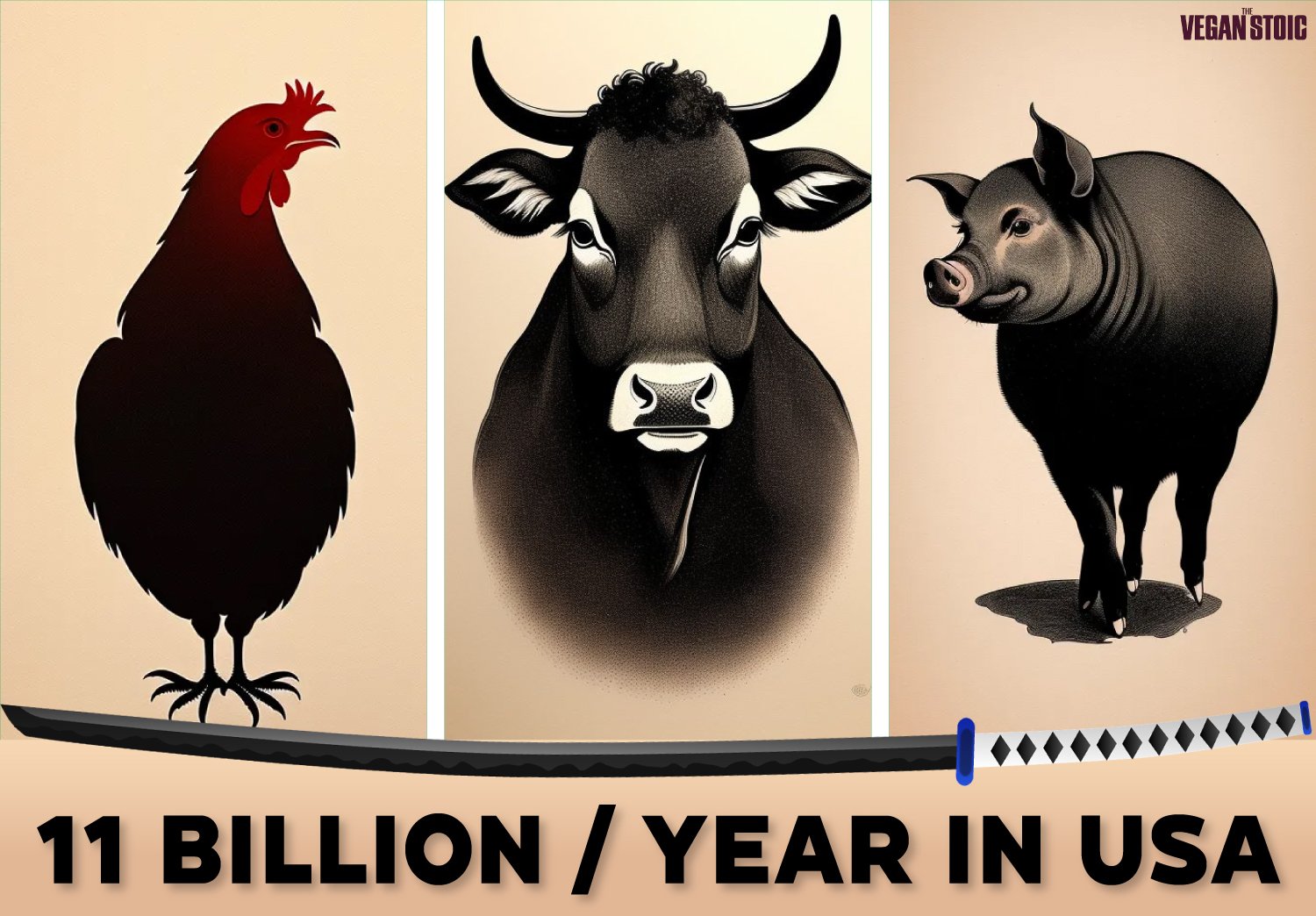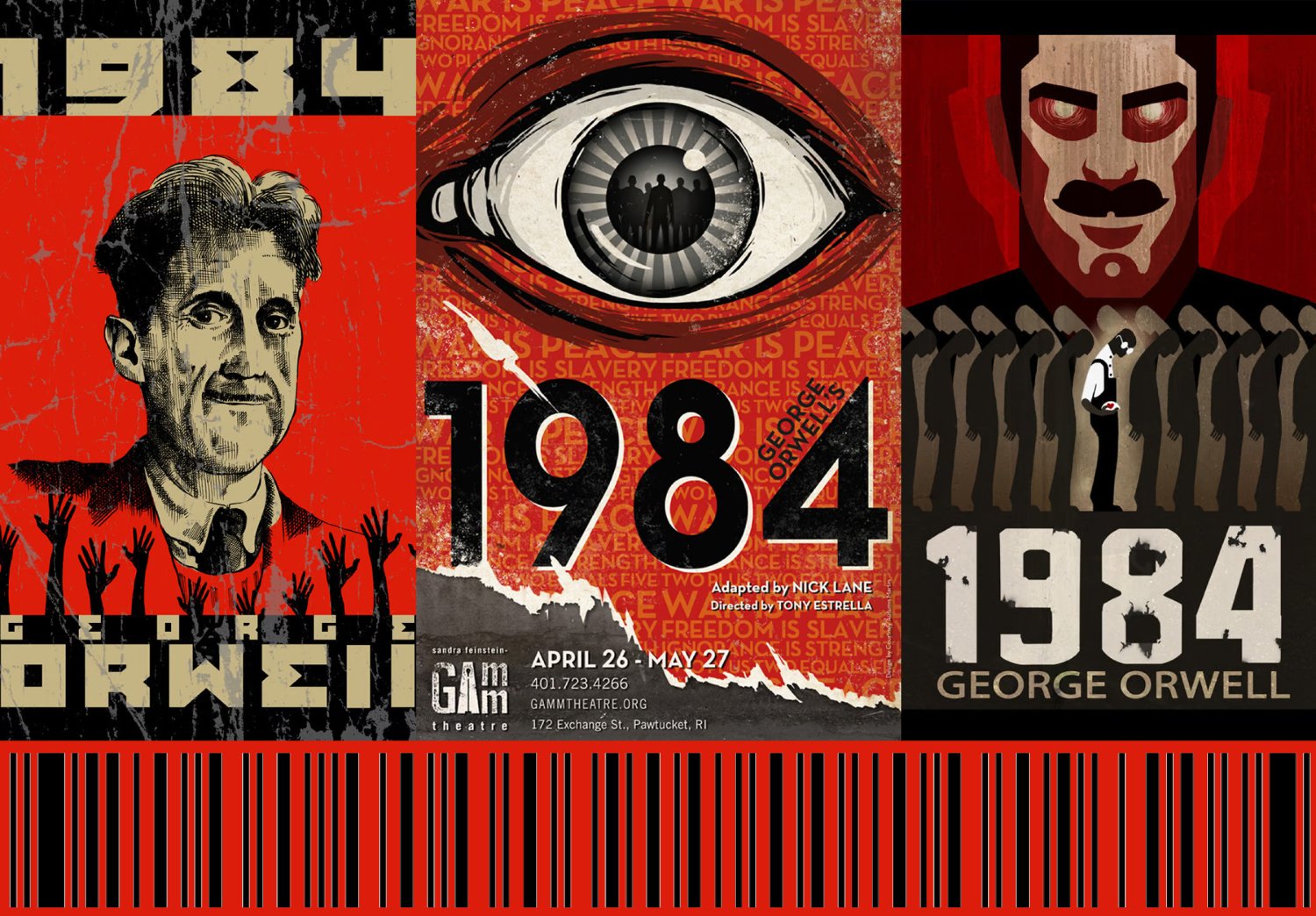“Inconspicuous Consumption” delves into the hidden environmental costs of modern life and offers practical solutions for reducing our ecological footprint.
1. Hidden Environmental Impact: Schlossberg explores the hidden environmental costs of everyday activities and products.
She delves into the unseen consequences of actions like surfing internet, using plastic straws, or consuming meat.
For instance, she reveals the significant carbon emissions associated with driving, urging readers to consider alternatives
like biking, walking, or using public transportation whenever possible.
2. Technological Footprint: Another key takeaway from the book is the environmental impact of our digital lifestyles.
Schlossberg discusses the energy consumption of data centers,
the carbon footprint of streaming services, and the electronic waste generated by our constant pursuit of the latest gadgets.
She emphasizes the importance of considering the environmental implications of our digital habits and
encourages readers to adopt more sustainable practices,
such as recycling electronic devices, minimizing data usage, and supporting companies that prioritize renewable energy.
3. Food and Agriculture: Schlossberg examines the environmental impact of modern food production and consumption patterns.
She discusses the carbon footprint of various foods,
the water usage associated with animal agriculture,
and the deforestation caused by livestock farming.
Additionally, she explores the social and ethical issues surrounding food production,
such as labour rights and animal welfare. Majority of people working in slaughter houses across United States are vulnerable to Mental Disorders like depression and violent behaviours.
They’re not taken care of because often they are illegally trafficked from Mexico or south American countries.
Workers don’t even have basic first-aid kit in case of accident, forget about the health insurance, and there are many but 99% of them goes unreported.
Slaughter houses workers are given zero training to work on high-tech equipment.
The standards and practice laws are violated left, right and center, because of the influence these massive Meat Industry has over government and institutions is beyond unconstitutional.
The “routine check-up” is a joke. Inspectors don’t even enter the building in their “routine inspection” because they’re either threatened, pressurized by local mafia or simply bribed.
Schlossberg advocates for sustainable food choices, such as eating less meat, supporting local and organic agriculture, and reducing food waste.
4. Fashion Industry: The book also delves into the environmental and social impacts of the fashion industry.
Schlossberg discusses the carbon emissions, water pollution, and labour abuses associated with Fast Fashion Clothes production.
She highlights the wastefulness of fast fashion and the importance of embracing sustainable and ethical fashion practices.
Schlossberg encourages readers to prioritize quality over quantity, support eco-friendly brands, and embrace alternatives like second-hand shopping and clothing rental services.
5. Policy and Collective Action: Throughout the book, Schlossberg emphasizes the role of policy and collective action in addressing environmental challenges.
She discusses the importance of government regulations, corporate accountability, and grassroots activism in driving systemic change.
Schlossberg calls on readers to advocate for policies that promote sustainability,
hold corporations accountable for their environmental impact, and support initiatives that prioritize people and the planet over profit.
Overall, stop mindlessly consuming and wake up.
Understand the consequences of your actions and have some respect and dignity towards other human beings.
Your mindless window shopping keeps the sweatshops in China, and Bangladesh running, their people exploited, and their rivers polluted.
Quick Actions
- Use Public Transport, Car-pooling rather than driving. Ask your government for better public transport and full accounts of your tax dollars.
- Use as little electricity, internet and devices as possible. Don’t buy new iPhone just because it’s new.
Unplug your charging bricks when not using and turn off the router at night. - Go Vegan because Meat and Dairy industry is the number 1 polluter of Water, Air, and Land pollution.
Animal Agriculture industry is responsible for deforestation. - Stop buying Fast Fashion Brands like Shein, Lululemon, Zara.
They exploit labour and resources in third-world countries and products end up in Landfills.
Go to thrift stores, buy second-hand clothes, use clothes renting services, restore your old clothes. - Hold these mega corporations responsible for their actions and make them pay for their damage to the environment.
Hit them where it hurts the most, their profits.
Any corporation refusing to really care about the environment, boycott them. Support local brands and community stores.
Reject the mass-produced, cheap quality garbage and embrace locally produced, sustainable products.
